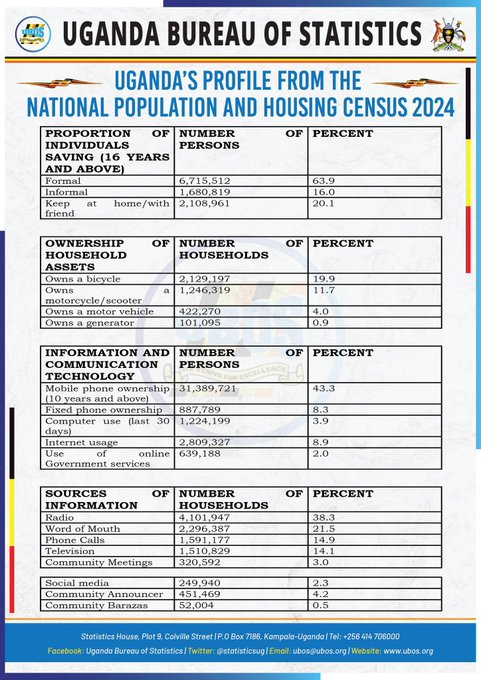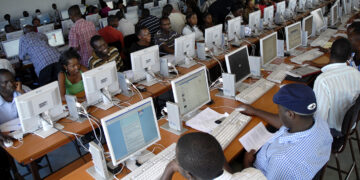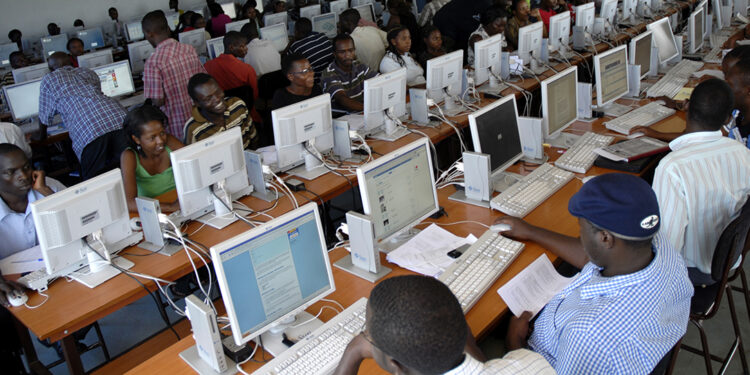Kampala, Uganda – The Uganda Bureau of Statistics (UBOS) released the final report of the National Population and Housing Census 2024, highlighting trends in savings habits, asset ownership, and information and communication technology (ICT) usage.
Savings
A majority of Ugandans (63.9%) save informally, with a significant portion keeping their savings at home or with friends. Formal savings methods account for 16% of the population.
Asset Ownership
Mobile phone ownership is widespread, with 43.3% of the population owning a mobile phone. Ownership of other assets, such as bicycles, motorcycles, and cars, is lower but shows increasing trends.
ICT Usage
While mobile phone ownership is high, internet usage and computer use are relatively low, with 8.9% and 3.9% of the population using the internet and computers respectively in the past 30 days.

Analysis and Implications
The data suggests that while Ugandans are increasingly adopting technology, there is still room for improvement in terms of access and usage. The high reliance on informal savings methods also presents challenges in terms of financial security and growth.
The government and stakeholders can leverage these insights to promote Financial Inclusion, that is, initiatives to encourage formal savings and increase access to financial services are crucial to supporting economic growth and reducing poverty.
The government can also expand digital infrastructure by investing in infrastructure to improve internet connectivity and access to digital services is essential for bridging the digital divide.
It can also promote digital literacy through programmes that educate the population on digital skills and online safety will empower individuals to participate fully in the digital economy.
The census data provides valuable insights into the evolving socio-economic landscape of Uganda. By understanding these trends, policymakers and stakeholders can develop effective strategies to foster sustainable development and improve the well-being of all Ugandans.









